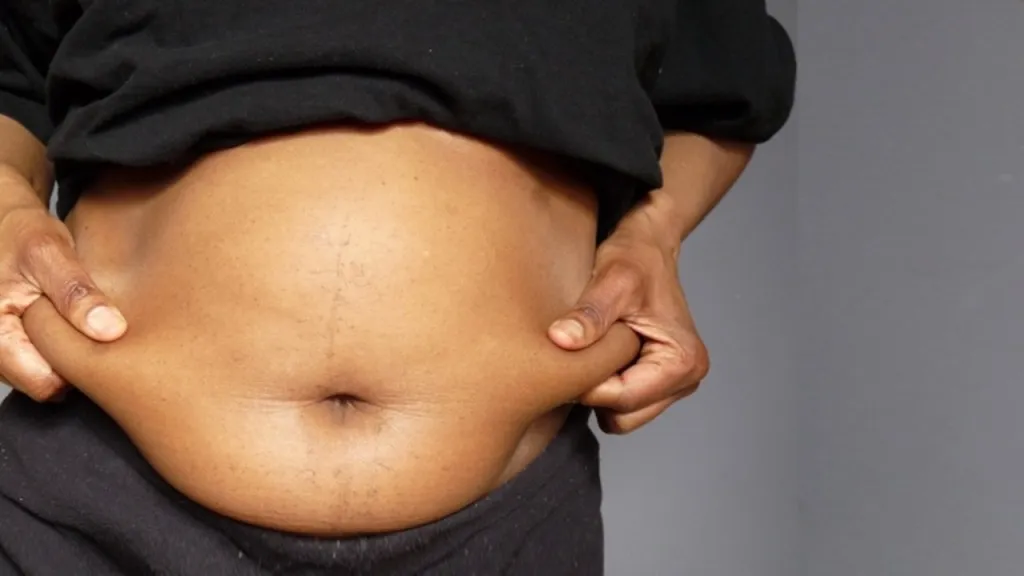
What Exactly Are Fad Diets?
Fad diets are trendy eating plans that promise rapid weight loss and effortless results, often without strong scientific backing. They’re characterized by dramatic rules, such as eliminating entire food groups, encouraging strange food pairings, or relying heavily on specific supplements or “miracle” products. While they often spark excitement due to their bold claims, their unsustainability makes them more harmful than helpful in the long run.
Most fad diets operate on extremes—cutting carbohydrates to nearly zero, encouraging overconsumption of fats or proteins, or pushing unbalanced meal structures. These programs ignore the importance of holistic nutrition and usually don’t address behavioral habits, which are key to long-term health.
Why Fad Diets Gain Popularity So Quickly
Social media is one of the biggest culprits. Influencers flaunt their “before and after” photos with persuasive captions and discount codes, making fad diets seem like an easy path to perfection. Add celebrity endorsements and sleek marketing, and you’ve got the recipe for a viral trend.
Moreover, humans are naturally drawn to quick fixes. The promise of “losing 10 pounds in a week” is far more tempting than committing to six months of gradual lifestyle changes. This desire for instant gratification fuels the rise—and eventual fall—of most fad diets.
Common Types of Fad Diets
Here’s a snapshot of the most popular fad diets and their typical structures:
- Low-Carb/Keto: Typically allows fewer than 20 grams of carbs per day while promoting high fat intake.
- Paleo: Eliminates grains, dairy, and legumes in favor of “caveman” foods.
- Detox/Cleanses: Often juice-based or restrictive; claim to “flush toxins” but lack scientific support.
- Meal Replacement Diets: Rely on shakes, bars, or pre-packaged meals in place of real food.
These diets may yield short-term weight loss, but they often cause long-term imbalances and health complications.
Nutritional Deficiencies in Fad Diets
When diets eliminate entire food groups, essential nutrients go with them. Low-carb plans often lack sufficient fiber, leading to digestive problems. Avoiding fruits or grains can rob your body of antioxidants, B vitamins, and minerals like magnesium.
Extreme keto diets, for example, may cause electrolyte imbalances, kidney strain, or increased LDL cholesterol levels. Similarly, detox programs often lack protein and essential fats, making them unsustainable and even dangerous if followed long-term.
The Rebound Effect: Why Weight Comes Back

One of the harshest truths about fad diets is the rebound effect. You lose weight quickly—mostly water and muscle—but regain it just as fast once normal eating resumes. This cycle of weight loss and gain is known as yo-yo dieting, and it confuses your metabolism.
The American Journal of Clinical Nutrition found that over 95% of people regain the weight they lose through rapid dieting within five years. Why? Because these diets don’t build sustainable habits or address root causes like emotional eating, poor meal planning, or sedentary routines.
Fad Diets vs. Evidence-Based Eating Plans
Unlike fads, evidence-based diets are supported by years of research. Two standout examples include:
- The Mediterranean Diet: Rich in fruits, veggies, whole grains, lean proteins, and healthy fats. Proven to reduce heart disease and improve longevity.
- The DASH Diet: Originally developed to combat high blood pressure, it emphasizes balanced meals, low sodium intake, and regular physical activity.
These diets focus on whole foods, portion control, and nutritional balance—without the extreme restrictions of fad diets.
How to Identify a Fad Diet Instantly
Watch for these red flags:
| Red Flag | What It Means |
|---|---|
| “Lose 10 lbs in 7 days!” | Unrealistic claims, no sustainability |
| Eliminates entire food groups | Nutritional imbalances likely |
| Requires only shakes/supplements | Expensive, not real-world applicable |
| Uses buzzwords like “detox” | Usually not backed by any credible science |
| Lacks expert endorsement | Avoid diets without support from nutrition professionals |
Expert Opinions on Fad Diets
Leading dietitians and doctors strongly discourage fad dieting. According to the Academy of Nutrition and Dietetics, sustainable lifestyle changes—not temporary fixes—are the only proven path to lasting weight loss.
Health organizations like the World Health Organization (WHO) and the Centers for Disease Control and Prevention (CDC) also stress the importance of balanced nutrition and physical activity over restrictive diets.
So What Actually Works?
Instead of jumping on the next diet trend, focus on:
- Balanced meals such as whole grains, veggies, lean protein, and healthy fats, fruits.
- Consistent movement
- Mindful eating
- Working with a registered dietitian or nutritionist
Proven plans like the Mediterranean Diet and DASH Diet are linked to long-term heart health, brain function, and healthy weight maintenance.
RD, LD Julius Sammah
MyHealthCop Certified Dietician.
Ready to Take the First Step?
👉 Book a 1-on-1 Session with any of our Certified Dietitians to start your health journey today. [DOWNLOAD THE APP]